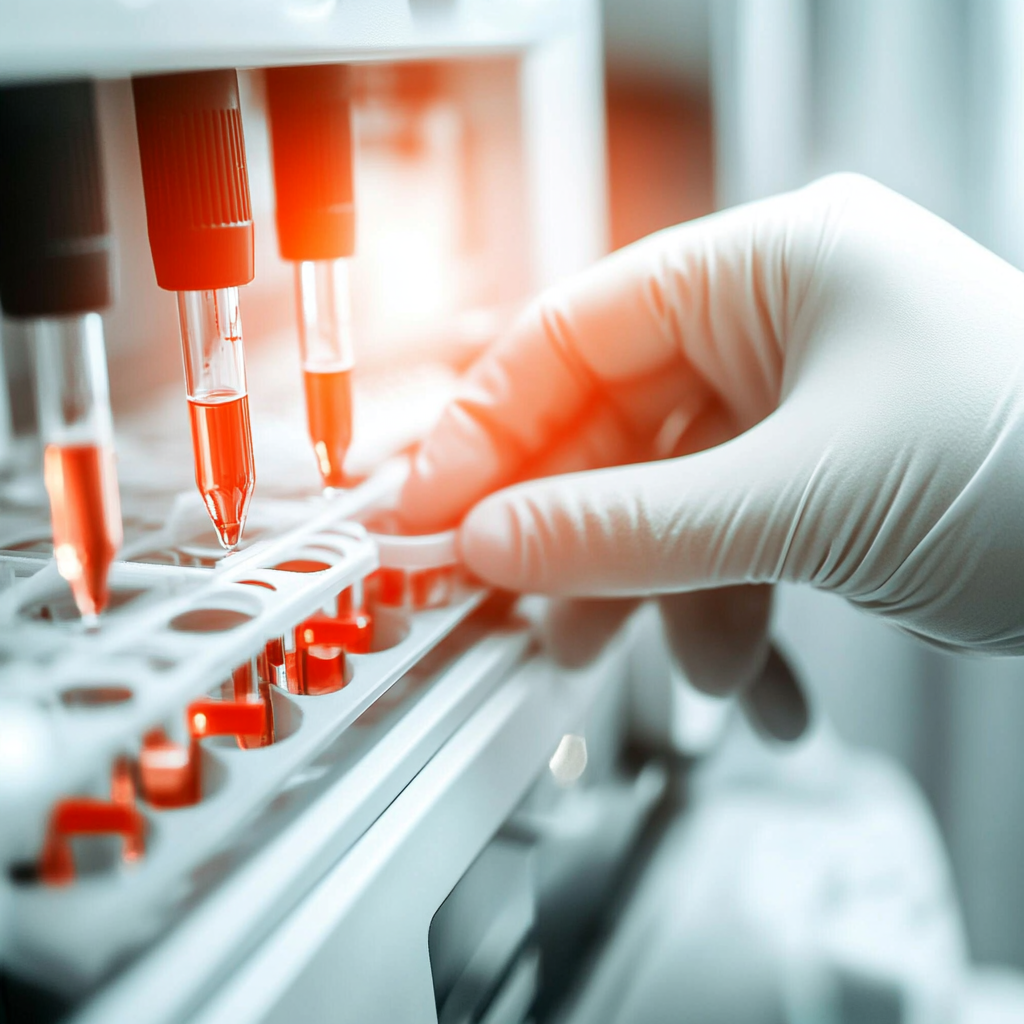J Psychiatr Pract. 2025 Mar 1;31(2):65-73. doi: 10.1097/PRA.0000000000000846.
ABSTRACT
Non-suicidal self-injury (NSSI) is a significant clinical concern in adolescents. The goal of this study was to evaluate the efficacy of group interpersonal psychotherapy (G-IPT) combined with treatment as usual (TAU) compared with TAU alone in treating adolescents with NSSI. A randomized controlled trial was conducted in a psychiatric outpatient clinic in Hubei Province, China, involving 52 adolescents 12 to 17 years of age diagnosed with NSSI. Participants were randomly assigned to either the G-IPT combined with TAU group (n=26), who received 12 additional G-IPT sessions, or the TAU-alone group (n=26). Outcomes were assessed using the Ottawa Self-Injury Inventory (OSI), 9-item Patient Health Questionnaire (PHQ-9), Generalized Anxiety Disorder-7 (GAD-7), Interpersonal Disturbances Scale (IDS), and Interpersonal Communication Scale (ICS) at pre-treatment [Time Zero (T0)], immediately after completion of G-IPT, or 12 weeks after baseline assessment in the TAU group [Time 1 (T1)], and 3 months after treatment [Time 2 (T2)]. Forty-eight participants completed all assessments. The primary outcomes included a reduction in NSSI frequency and an increase in participants’ ability to resist NSSI. Results demonstrated reductions in the OSI item «NSSI in the last month» at T1 (P<0.001) and T2 (P=0.008), as well as significant improvements in the OSI item «Strength to resist NSSI» (P<0.001 at T1; P=0.001 at T2). Significant between-group and interaction effects were observed, indicating that G-IPT combined with TAU was more effective than TAU alone in reducing NSSI behaviors. These findings underscore the potential of G-IPT as an effective adjunct to TAU in clinical settings for adolescent NSSI intervention.
PMID:40163570 | DOI:10.1097/PRA.0000000000000846
